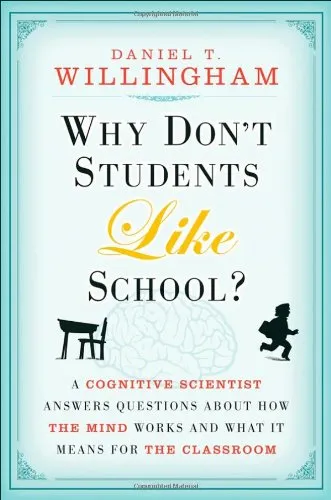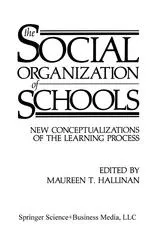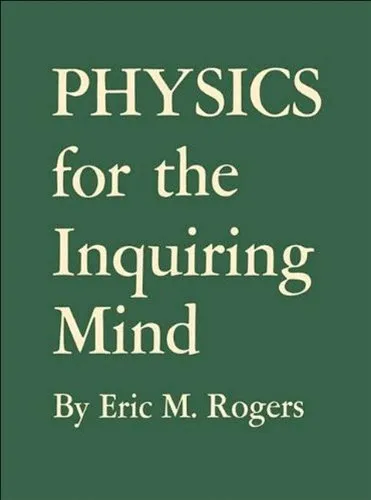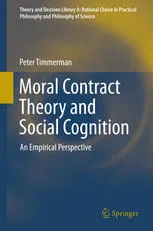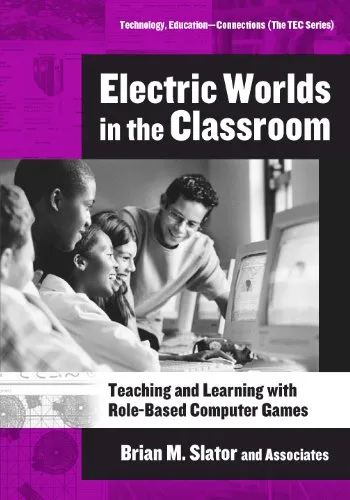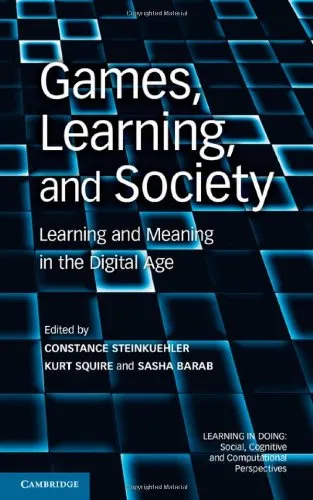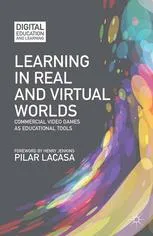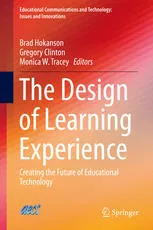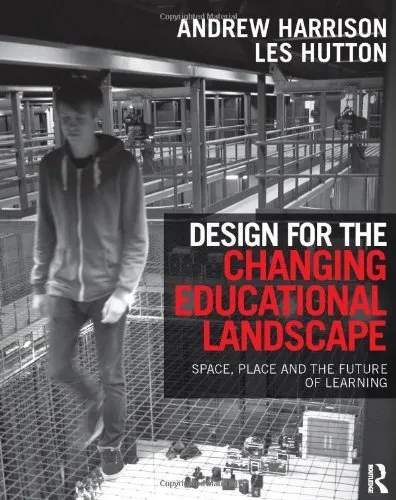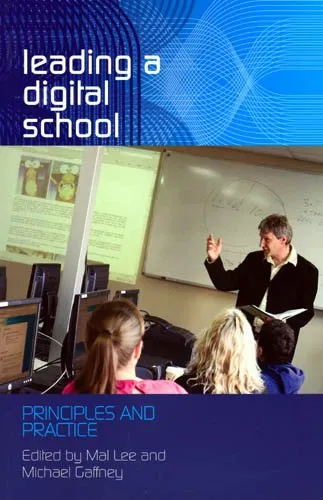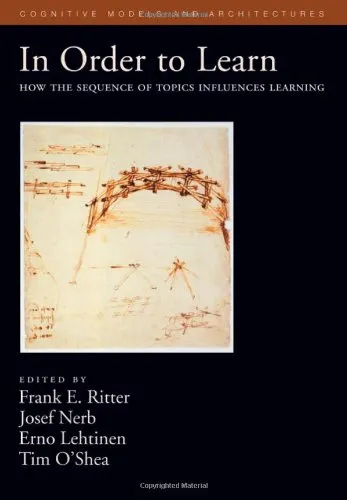Why Don't Students Like School: A Cognitive Scientist Answers Questions About How the Mind Works and What It Means for the Classroom
4.5
بر اساس نظر کاربران

شما میتونید سوالاتتون در باره کتاب رو از هوش مصنوعیش بعد از ورود بپرسید
هر دانلود یا پرسش از هوش مصنوعی 2 امتیاز لازم دارد، برای بدست آوردن امتیاز رایگان، به صفحه ی راهنمای امتیازات سر بزنید و یک سری کار ارزشمند انجام بدینکتاب های مرتبط:
معرفی جامع کتاب "چرا دانشآموزان به مدرسه علاقهای ندارند؟"
کتاب "چرا دانشآموزان به مدرسه علاقهای ندارند؟" اثر دانیل تی. ویلیامنگ، یک منبع جامع است که با استفاده از علوم شناختی به سوالات اساسی دربارهی چگونگی عملکرد ذهن و تأثیر آن بر محیط کلاس پاسخ میدهد. هدف اصلی این کتاب ارائه دیدگاهی به معلمان و والدین است تا بتوانند با درک بهتر از چگونگی یادگیری و فرآیندهای ذهنی، روشهای آموزش و یادگیری را بهبود بخشند.
خلاصهای از کتاب
"چرا دانشآموزان به مدرسه علاقهای ندارند؟" کتابی مختص معلمان و تمام کسانی است که دغدغه یادگیری دانشآموزان را دارند. نویسنده در این کتاب به بررسی علمی و عملی مباحثی میپردازد که معلمان را در بهبود شرایط آموزشی یاری میکند. با درک اصول شناختی که در این کتاب ارائه شده، معلمان میتوانند یادگیری دانشآموزان را بهبود بخشیده و زمینه محیط آموزشی موثرتری را فراهم آورند.
ویلیامنگ در این کتاب به موضوعاتی چون چگونگی ایجاد انگیزه در دانشآموزان، راهکارهای بهبود حافظهکاری، و تکنیکهای کاهش فراموشی پرداخته و نشان میدهد که دانشآموزان چگونه میتوانند اطلاعات خود را سازماندهی کنند تا یادگیری موثرتر شود.
نکات کلیدی
- یادگیری کار یکروزه نیست: ویلیامنگ تاکید میکند که یادگیری یک فرآیند مستمر و طولانیمدت است و نیاز به پیگیری دقیق دارد.
- ارتباط میان تفکر و حافظه: شناخت نحوه عملکرد حافظه و تکنیکهای تقویت آن میتواند به بهبود یادگیری کمک کند.
- نقش تجربهها در یادگیری: تجربیات گذشته بر نحوه پردازش اطلاعات جدید تاثیر میگذارد و میتواند به فرآیند یادگیری کمک کند.
جملات معروف از کتاب
"مغز انسان برای تفکر طراحی نشده است، بلکه برای اجتناب از تفکر طراحی شده است زیرا تفکر از لحاظ شناختی کاری سخت و انرژیبر است."
"برای بهبود یادگیری، مهم است که دانشآموزان مسائل چالشبرانگیزی که کمی سختی دارند را تجربه کنند، اما نه آنقدر سخت که برای مغز غیر قابل حل باشد."
چرا این کتاب مهم است؟
اهمیت این کتاب در تأکید بر نیاز به درک عمیقتر از عملکرد ذهن انسان در فرآیند یادگیری نهفته است. ویلیامنگ با استفاده از یافتههای علمی به معلمان نشان میدهد که چگونه میتوانند روشهای تدریس خود را بهبود بخشند و به دانشآموزان کمک کنند که علاقه بیشتری به یادگیری پیدا کنند. این کتاب با بررسی عمیق و دقیق مسائل شناختی، پایههای نظری آموزشی مهمی را فراهم میسازد که میتواند تاثیر عمیقی بر روشهای تدریس و یادگیری در مدارس داشته باشد.
Introduction
Welcome to the transformative world of "Why Don't Students Like School: A Cognitive Scientist Answers Questions About How the Mind Works and What It Means for the Classroom." In this enlightening book, author Daniel T. Willingham delves into the intricacies of the human mind and reveals how these insights can inform and revolutionize the educational experience. By blending cognitive science with practical pedagogy, Willingham provides a roadmap for educators seeking to understand and improve student engagement and learning outcomes. This introduction sets the stage for a comprehensive exploration of the ideas and concepts that make this book a must-read for educators, parents, and anyone passionate about enhancing the educational experience.
Detailed Summary of the Book
The book is structured around nine critical questions that educators often grapple with. Each chapter addresses one of these questions, utilizing cognitive psychology to explore how students learn and retain information. From why students remember some things but forget others, to the emotional aspects that impact learning, Willingham draws on a wealth of scientific research to provide evidence-based answers.
The book begins by examining the nature of thinking and how our brains are wired to solve problems. It introduces the concept that thinking is not something our brains are naturally predisposed to do, highlighting how problem-solving is inherently rewarding yet mentally taxing. Willingham emphasizes the role of memory in shaping educational experiences and explores effective teaching techniques that align with how students naturally learn.
In subsequent chapters, Willingham covers topics such as the role of background knowledge in reading comprehension, the importance of practice in skill acquisition, and why students pay attention to some things but not others. Each chapter is enriched with practical examples, making complex cognitive theories accessible and actionable for educators.
Key Takeaways
- The human mind is not naturally suited to think deeply; learning is an acquired skill that requires motivation and practice.
- Understanding students' cognitive development is crucial in designing effective teaching methods that cater to their needs.
- Background knowledge significantly enhances comprehension and critical thinking, reinforcing the importance of a well-rounded curriculum.
- Emotional factors and student-teacher rapport play vital roles in engaging students and fostering a positive learning environment.
- Memory retention and recall are influenced by how information is presented and practiced in the classroom.
Famous Quotes from the Book
"People are naturally curious, but they are not naturally good thinkers; unless the cognitive conditions are right, we will avoid thinking."
"The more you know, the easier it is to learn new things."
"Teaching, like any complex cognitive skill, rests on foundational knowledge."
Why This Book Matters
At its core, "Why Don't Students Like School?" bridges the gap between scientific research and practical application in educational settings. Daniel T. Willingham's insights are derived from rigorous cognitive psychology research, yet they are presented in a way that is accessible and applicable to everyday classroom scenarios. This book matters because it empowers educators with the knowledge to transform their teaching practices, align methods with how students learn naturally, and ultimately enhance student engagement and success.
In an era where educational strategies are continually evolving, understanding the fundamental principles of how minds work and learn is crucial. Willingham's book provides a cornerstone for educators seeking to create environments where students thrive, not just academically, but as lifelong learners equipped to navigate an ever-changing world.
دانلود رایگان مستقیم
شما میتونید سوالاتتون در باره کتاب رو از هوش مصنوعیش بعد از ورود بپرسید
دسترسی به کتابها از طریق پلتفرمهای قانونی و کتابخانههای عمومی نه تنها از حقوق نویسندگان و ناشران حمایت میکند، بلکه به پایداری فرهنگ کتابخوانی نیز کمک میرساند. پیش از دانلود، لحظهای به بررسی این گزینهها فکر کنید.
این کتاب رو در پلتفرم های دیگه ببینید
WorldCat به شما کمک میکنه تا کتاب ها رو در کتابخانه های سراسر دنیا پیدا کنید
امتیازها، نظرات تخصصی و صحبت ها درباره کتاب را در Goodreads ببینید
کتابهای کمیاب یا دست دوم را در AbeBooks پیدا کنید و بخرید
1289
بازدید4.5
امتیاز0
نظر98%
رضایتنظرات:
4.5
بر اساس 0 نظر کاربران
Questions & Answers
Ask questions about this book or help others by answering
No questions yet. Be the first to ask!
